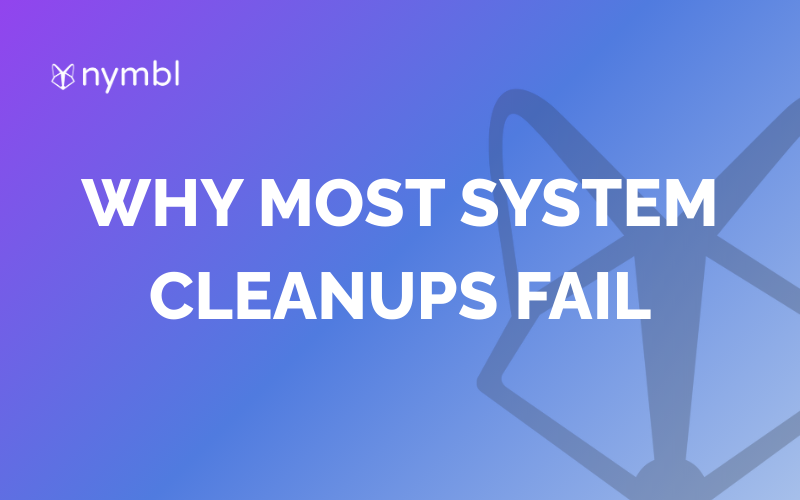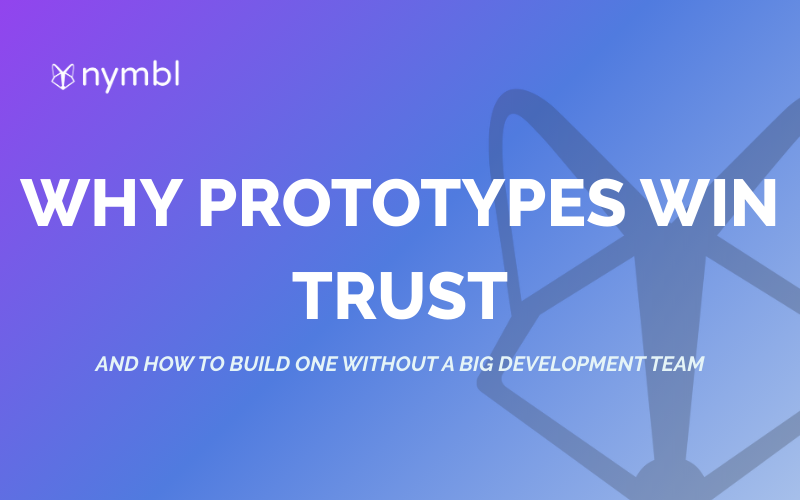Have you wondered how the energy sector is embracing AI?
It can’t be denied that artificial intelligence (AI) is transforming industries across the globe. Aside from manufacturing, one sector that braces for the AI impact is the energy management sector. As the world increasingly seeks sustainable and efficient energy solutions, AI emerges as a powerful tool to optimize energy consumption, reduce costs, and minimize environmental impact.
Read on to discover significant ways AI is impacting the energy management industry and how companies can leverage this technology for future success.
1. Enhancing Energy Efficiency
One of the primary benefits of AI in energy management is its ability to improve energy efficiency. AI algorithms analyze vast amounts of data to identify patterns and optimize energy use. These results include (1) Smart Grids: AI-driven smart grids can predict and respond to energy demand in real-time, balancing load and preventing blackouts. Second, AI can predict failures before they occur, reducing downtime and maintenance costs. Lastly, AI systems can automatically adjust heating, ventilation, and air conditioning (HVAC) systems in buildings to optimize energy use based on occupancy and weather conditions.
One example is Google's DeepMind. In 2016, DeepMind applied its AI algorithms to optimize the energy usage of Google’s data centers. By analyzing data from thousands of sensors, the AI was able to make real-time adjustments to cooling systems, airflow, and other factors that impact energy consumption.
2. Facilitating Renewable Energy Integration
AI plays a crucial role in integrating renewable energy sources, such as solar and wind, into the energy grid. These sources are inherently variable, but AI can mitigate this challenge by forecasting Energy Production. AI models can accurately predict energy production from renewable sources, allowing for better planning and integration into the grid. AI can also optimize the charging and discharging cycles of battery storage systems, improving the efficiency and longevity of these systems.
3. Reducing Carbon Emissions
AI contributes to the reduction of carbon emissions by optimizing energy consumption and facilitating the transition to cleaner energy sources. AI systems can monitor emissions in real-time and suggest strategies to reduce them, helping companies meet sustainability goals. AI can also optimizes energy distribution, reducing waste and ensuring that energy is used where it is most needed.
Microsoft is a leading example of a company using AI to reduce carbon emissions. Through its "AI for Earth" initiative, Microsoft has developed and deployed various AI-driven tools and platforms aimed at reducing carbon footprints across different industries.
One notable application is the use of AI in optimizing energy use within buildings. Microsoft's Project Natick, for instance, focuses on underwater data centers, where AI manages the environmental conditions and energy usage, drastically reducing the carbon emissions associated with data storage.
4. Enabling Smart Energy Management Systems
AI is at the core of smart energy management systems, which provide users with greater control over their energy use. Features of these systems include Automated Energy Audit where AI can conduct energy audits automatically, identifying inefficiencies and suggesting improvements.
AI systems can offer personalized recommendations to users, helping them reduce energy consumption and costs. Furthermore, AI enables dynamic pricing models that encourage energy use when renewable sources are abundant and cheap, promoting sustainability.
5. Driving Innovation in Energy Management
AI's integration into the energy management industry is driving innovation and creating new opportunities for businesses and consumers alike. AI enables the creation of Virtual Power Plants (VPP’s), which aggregate distributed energy resources to operate as a single power plant, enhancing grid reliability and efficiency.
One more innovation is an AI-Driven Energy Marketplace. AI facilitates the development of energy marketplaces where consumers can buy and sell energy, promoting decentralized energy systems.
Schneider Electric is a leading company driving innovation in energy management using artificial intelligence. The company has integrated AI into its EcoStruxure platform, a comprehensive IoT-enabled system that optimizes energy use, automates processes, and enhances operational efficiency across various industries.
Schneider Electric’s AI-powered solutions help businesses monitor and manage energy consumption in real-time, predict maintenance needs, and optimize the performance of energy-intensive systems. For example, their AI-driven analytics can detect inefficiencies in electrical systems, suggest improvements, and even automate corrective actions, leading to significant energy savings and reduced carbon emissions.
Conclusion
Artificial intelligence is revolutionizing the energy management industry by enhancing efficiency, integrating renewable energy sources, reducing carbon emissions, and driving innovation. As AI technology continues to evolve, its impact on energy management will only grow, offering exciting opportunities for businesses, consumers, and the planet.
Companies that embrace AI in their energy management strategies will be well-positioned to lead in the transition to a sustainable energy future. By leveraging AI, they can achieve significant cost savings, enhance operational efficiency, and contribute to global sustainability efforts.
If you are in any industry looking to develop an app and plans to integrate AI, we’ve explored this in more detail here here.
We are a leading advisory and development agency experienced in implementing solutions framework for developing your next application. We’d be glad to showcase some of the apps we've developed and highlight the companies we've recently partnered with.
Send us a message here.






.png)


